New Box Office Record for China’s 2022 Spring Festival: Another Batch of History-Breaking Films
Lunar New Year is a traditional Spring festival in China, and also a prime time for movie-watching. People often spend…

Lunar New Year is a traditional Spring festival in China, and also a prime time for movie-watching. People often spend…
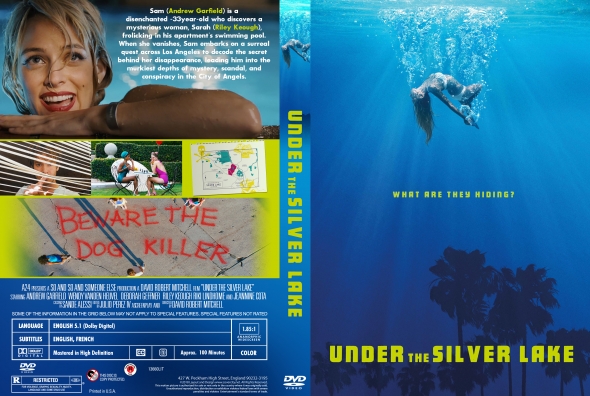
Where does David Robert Mitchell’s 2019 film fit in the age of Marvel’s expanding multiverse?
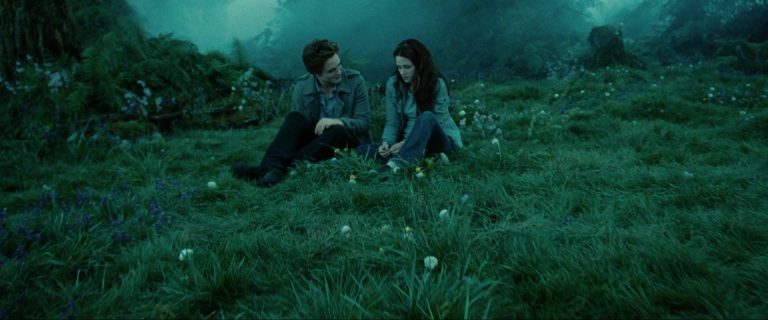
Morgan Holly analyzes how “the Twilight Saga” grew from a small budget to launching the over $3.3 billion worldwide grossing vampire franchise.
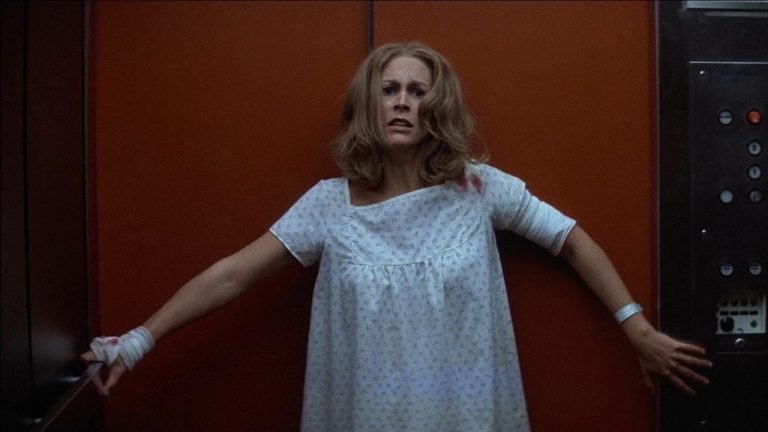
Lauren Bjella analyzes the “Halloween” franchise and its impact starting as an independent film, with the 40th anniversary of “Halloween II” (1981).
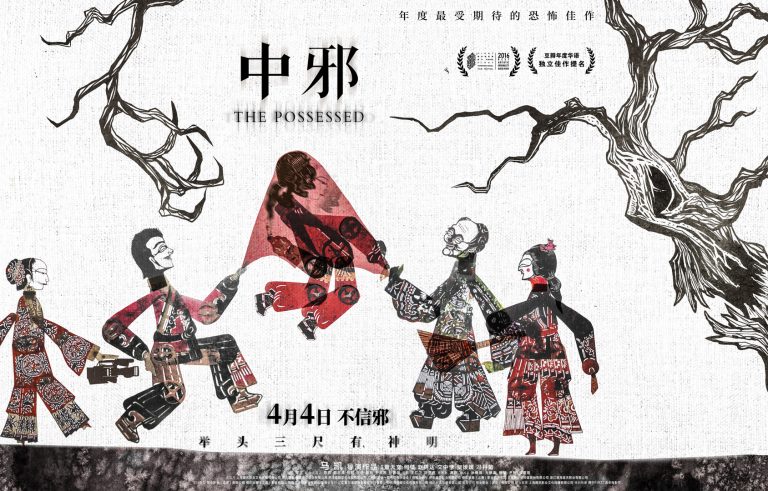
Xinyan Fu dives into the Chinese horror movie history and the ideology behind the censorship that targets horror movies.

We find ourselves in a global pandemic, quarantined in our homes, and collectively isolated from our loved ones. Members of…
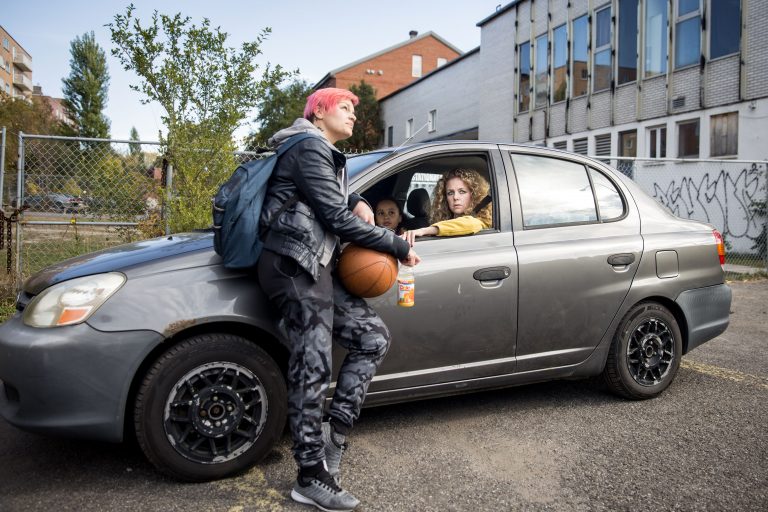
Ever doubt your sanity after selling your condo and moving halfway across the country? Meet Camille Hollett-French, writer, director, and actor of Her Story (In Three Parts): No. 3 In the Absence of Angels. Despite doubts and financial obstacles, her efforts were awarded when was selected to screen at the 2019 Slamdance Film Festival, the Park City film festival focused on emerging artists and low-budget independent films. In this piece, Courtney Gardner writes from a conversation with Hollett-French about the use of film to discuss sexuality and shame, and about what it means to go for the jugular.

Ready for an unforgettable ride? Fasten your VR headset as Courtney Gardner shares her first experience with VR in The Wild Immersion at this year’s Sundance Film Festival. The film’s director, Adrien Moisson, takes the journey too, sharing with Courtney his views about the potential for VR technology to create new forms of compassion and empathy—in this case around the needs of large animals around the world.
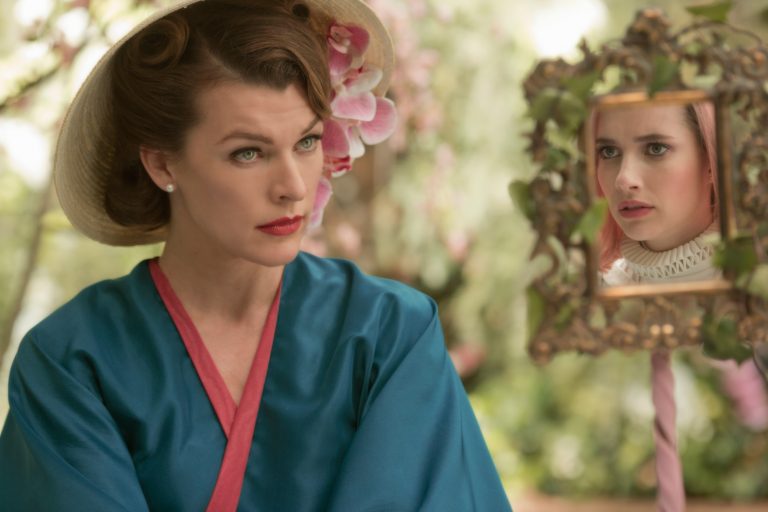
Courtney Gardner, who attended this year’s Sundance Film Festival (January 23—February 3) shares insights abut Paradise Hills, the feature debut of 28-year-old, Spanish director Alice Waddington. Bringing her love of science fiction and fantasy to the screen, Alice tells a story of women traditionally underrepresented in film. Alice spoke with Courtney about the identities she holds close, the barriers she sees and has faced in the film industry, and of the symbolism in Paradise Hills